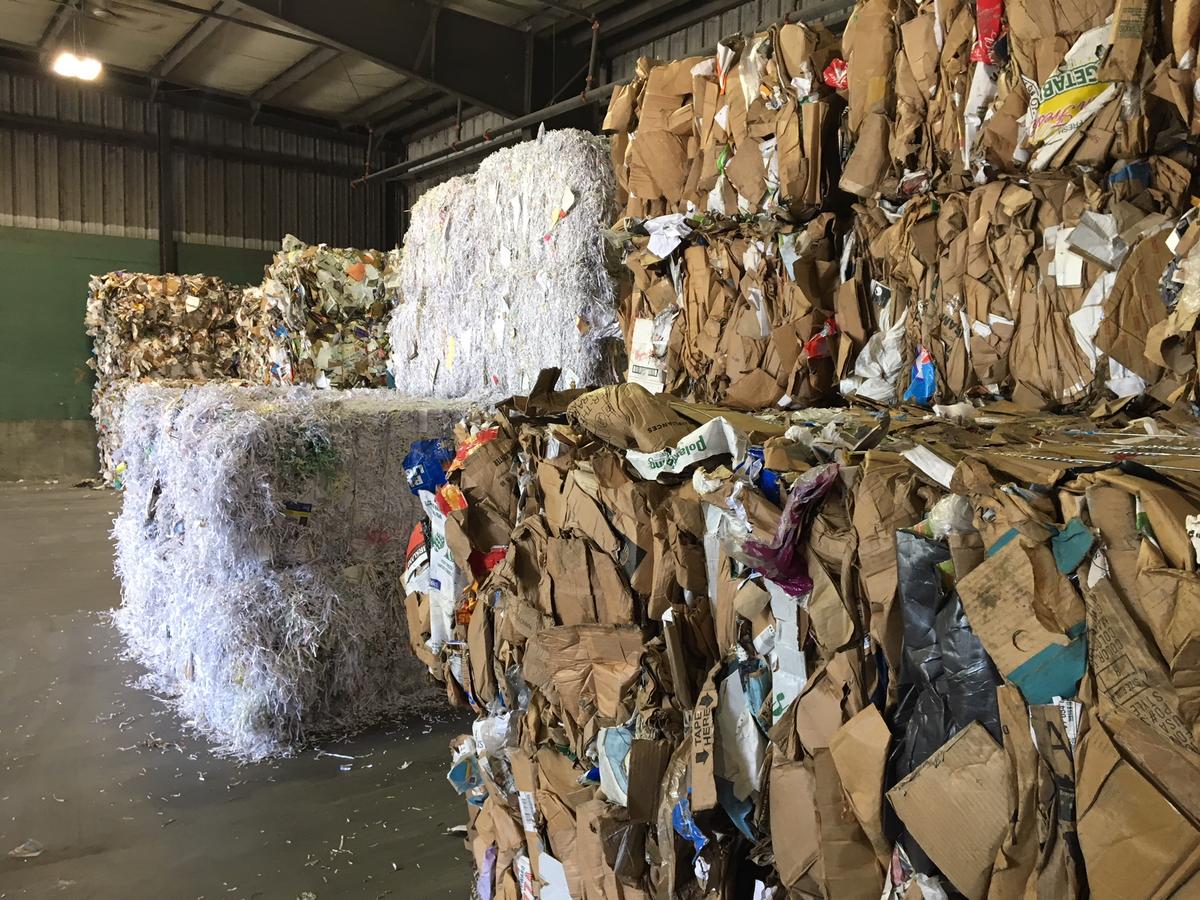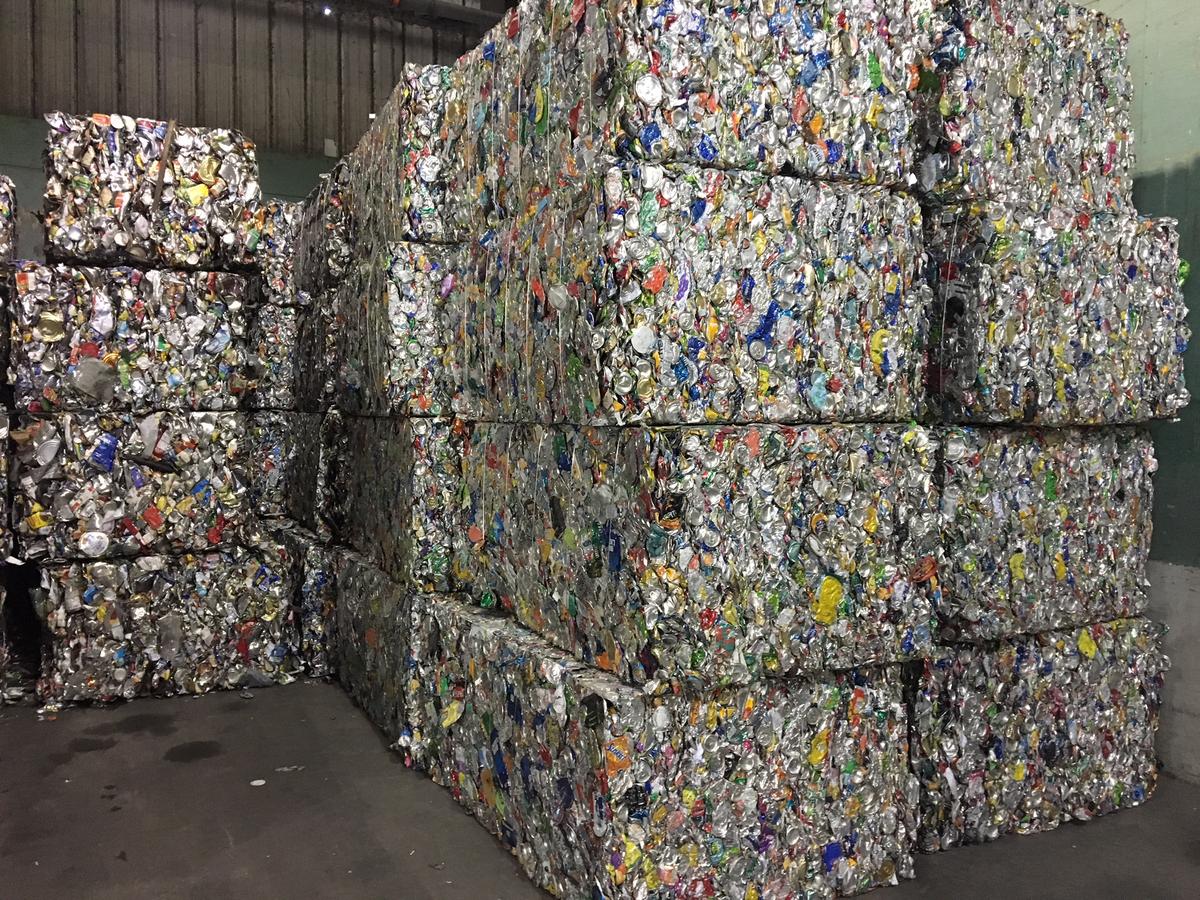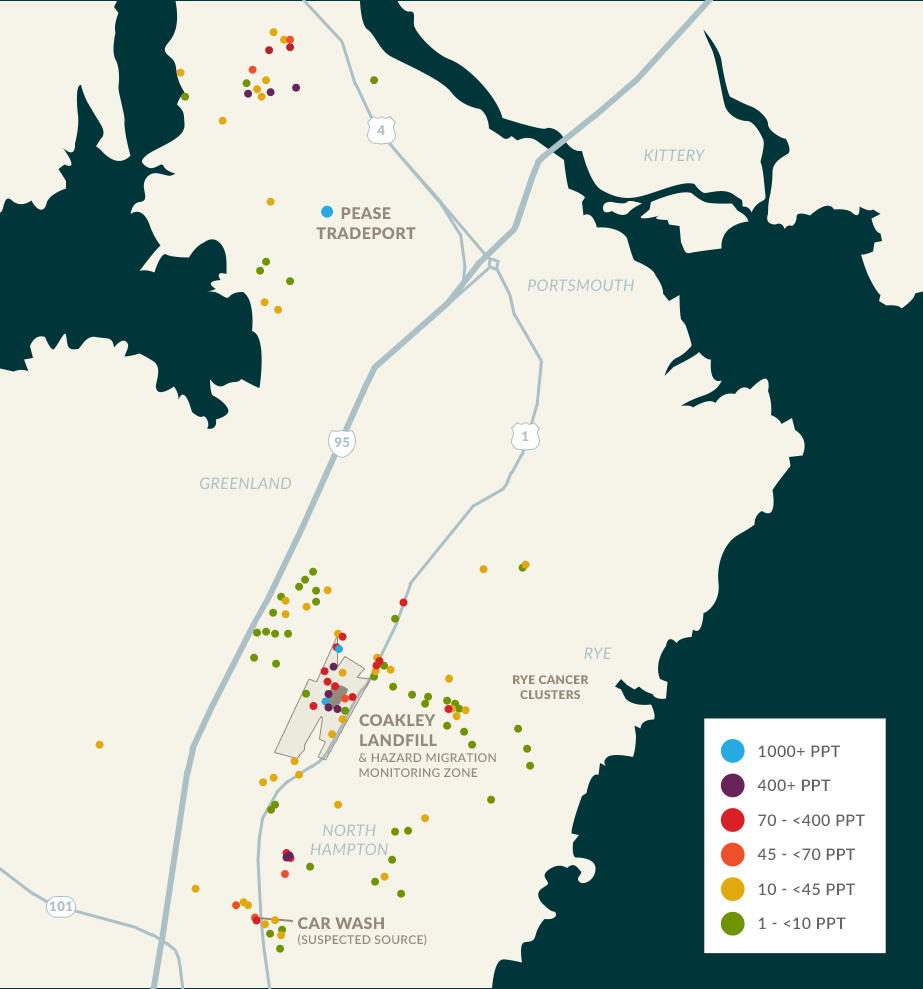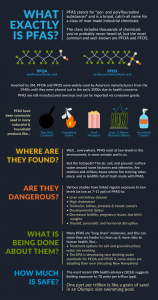Episode 109

After PFAS Chemicals were found at the Coakley Landfill, residents demanded answers. NHPR’s Annie Ropeik explores the response from officials and community members. And, as the global market for recycling crashes, VPR’s John Dillon looks at how prices are changing in Vermont. Plus, what’s unique about governing in New England? We speak with two experts about the challenges of governing in our region. Finally, as MGM opens a casino in Springfield, Mass., we hear from local residents about their reactions, and learn about what programs are in place to help individuals with gambling addictions.
PFAS Chemicals Found Near Coakley Landfill
A few weeks ago, NHPR reporter Annie Ropeik updated us about PFAS chemicals, contaminants that are being found in groundwater around our region. Because these chemicals have been so widely used in various industries, they’re showing up in many locations that haven’t previously had problems with toxins.
The Coakley Landfill on New Hampshire’s Seacoast is back in the headlines, more than 30 years after it became a Superfund site. Neighbors are again worried the site could be poisoning their drinking water, after a rash of childhood cancer cases nearby and the discovery of dangerously high levels of PFAS chemicals at the landfill.
That’s despite local officials’ promises that the landfill is safe, under control and not a threat to nearby residents. In fact, they say the landfill is mostly just misunderstood. NHPR’s Annie Ropeik has the report.
Changes in Market Result in Higher Recycling Costs

China has tightened standards for mixed paper, seen here, and that has caused the global market to crash, meaning the public will pay more to recycle. Photo by John Dillon for VPR
Just about everything we touch is tied to international trade, and that includes the stuff we throw away. As VPR’s John Dillon reports, the international market for some recyclable material has crashed. And that has forced municipalities and solid waste companies to start charging for recycling.
For more information on the recycling industry, we recommend listening to NHPR’s Outside/In Podcast, “One Bin to Rule Them All.”
Governing In New England

Top row: Governor Gina Raimondo (D-RI) (Photo by Ian Donnis for RIPR), Governor Charlie Baker (R-MA) (Photo by Dominick Reuter for WBUR), Governor Paul LePage (R-ME) (Photo by Gage Skidmore, Flickr), Governor Chris Sununu (R-NH) (Photo by Allegra Boverman for NHPR), Governor Dannel Malloy (D-CT) (Photo by Chion Wolf for WNPR), Governor Phil Scott (R-VT) (Photo by Henry Epp for VPR)
Every year, the New England Governors and the Eastern Canadian Premiers meet to discuss important policy issues to the region. Earlier this month, the meeting took place in Vermont and the discussion centered around energy, transportation, and trade. The governors talk about how they can work together. But all the while, there’s also competition, for jobs, tax dollars, baseball teams, casinos, and more.
So how do governors balance cooperation versus competition when your neighbor is only a few miles away?
John Dankosky speaks with James Pindell, political reporter for the Boston Globe, and Ray Scheppach, Professor of Public Policy at the University of Virginia and the former Executive Director of the National Governors Association, about the challenges of governing in New England.
The MGM Casino Opens in Springfield

The MGM Springfield Casino ahead of its August 24, 2018 opening date. Photo by Hoang ‘Leon’ Nguyen, The Republican, Masslive.com, Photos
Last April, we visited the construction site that was soon to become MGM Springfield. City officials had gathered to celebrate a milestone in the construction of a long-awaited, controversial casino that supporters said could help turn the struggling city around. At least that was the promise in 2011 when the Massachusetts legislature passed the “Expanding Gaming Act”. It allowed the state to build three new resort casinos to compete with Connecticut; whose two tribal casinos had dominated New England’s gambling market for decades. Springfield won the bid for the Western Mass., casino and the contract went to MGM.
This past week the Springfield MGM casino–all $960 million worth–opened to the public, with lines down the street. We discuss the opening weekend and how the casino’s presence will affect Springfield, with City Councilor Melvin Edwards, and Mike Dobbs, managing editor of The Reminder newspaper.
When a new casino comes to town, research has shown there’s a spike in the number of people who develop a gambling addiction. Massachusetts legislators took that into account when they wrote the 2011 law permitting casinos in the state. That means, with MGM open in Springfield, regulators, and casino operators are required to make sure problem gamblers have access to help. And a new program called GameSense hopes to fulfill that promise.
But where can people go when that program doesn’t work? New England Public Radio’s Karen Brown looked at the current treatment options in Springfield for problem gamblers.
For more stories about the opening of MGM in Springfield, visit NEPR’s page, “The Big Gamble.”
Photo at the top of the page: Bales of recyclable aluminum and steel cans ready to be shipped at the Chittenden Solid Waste District. Photo by John Dillon for VPR
About NEXT
NEXT is produced at Connecticut Public Radio
Host: John Dankosky
Producer: Lily Tyson
Digital Producer: Carlos Mejia
Executive Producer: Catie Talarski
Contributors to this episode: Annie Ropeik, John Dillon, Karen Brown
Music: Todd Merrell, “New England” by Goodnight Blue Moon, “Strange Boy” by The Shacks, “Waiting Around to Die” by The Be Good Tanyas
Stream every episode of NEXT.
We appreciate your feedback! Send critiques, suggestions, questions, and ideas to next@wnpr.org. Follow us on Facebook and Twitter.
If you like what you hear, make sure to rate and review us on iTunes so other listeners can hear conversations from around New England.



